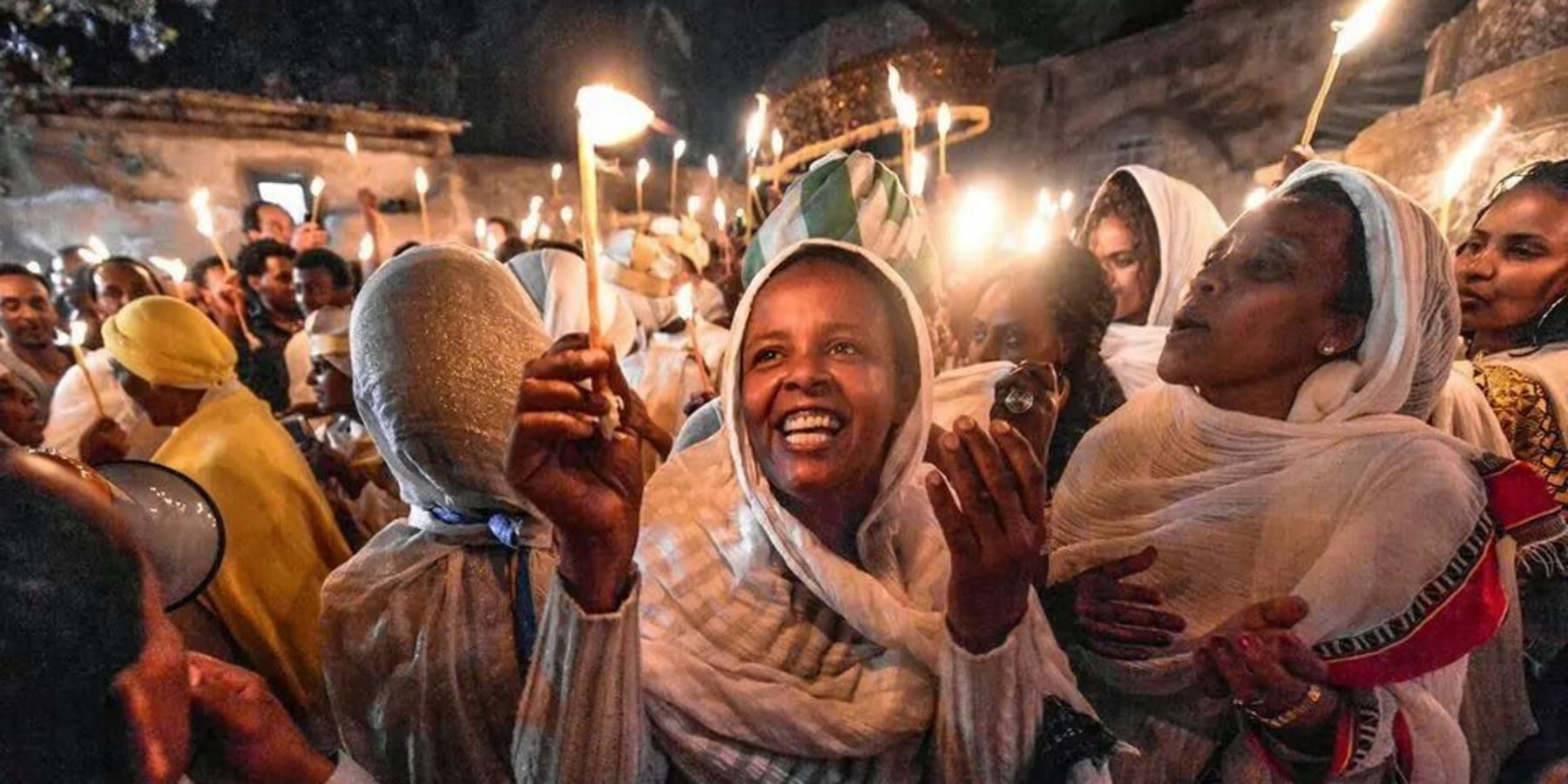
Historical Background
The Ethiopian Orthodox Tewahedo Church, one of the oldest Christian denominations in the world, plays a central role in the celebration of Genna. The holiday commemorates the birth of Jesus Christ and has been observed since the early days of Christianity in Ethiopia, believed to have been introduced in the 4th century AD. The term "Genna" is derived from the word "gift," symbolizing the gifts brought to Jesus by the Magi.
Spiritual Significance
For many Ethiopians, Genna is a time for reflection and spiritual renewal. The festivities begin with a 43-day fasting period called *Tsome Gahad*, during which adherents abstain from animal products. This fasting culminates in a joyous celebration on Christmas Day, emphasizing the themes of purity and devotion.
On Christmas Eve, the faithful attend a midnight church service known as *Kidan. The service is characterized by traditional chants, prayers, and the reading of scriptures. Dressed in white garments called **Shamma*, congregants gather in churches, often adorned with colorful decorations and vibrant banners, to celebrate the birth of Christ.
Unique Customs and Traditions
The Christmas Feast
One of the most anticipated aspects of Genna is the communal feast. After the midnight service, families come together to enjoy a meal that typically includes *Doro Wat* (spicy chicken stew), *Injera* (a sourdough flatbread), and various vegetable dishes. Sharing this meal symbolizes unity and togetherness.
Playing Genna
Another unique tradition is the game of *Genna*, a form of field hockey played by men and boys. This sport is often played in the streets and symbolizes the joy and festivity of the occasion. Participants dress in traditional attire, and the spirit of competition is accompanied by singing and dancing.
The Role of the Community
Community plays a vital role in the Christmas celebration. Neighbors visit each other, exchanging greetings and gifts, reinforcing social ties and collective joy. This sense of belonging is central to the Ethiopian identity, making Genna not just a religious observance but also a community celebration.
Cultural Expressions
Ethiopian Christmas is also a time for artistic expression. Traditional music and dance are integral to the festivities, with performances often held in local communities. The *Eskista*, a traditional Ethiopian dance characterized by shoulder movements, is commonly performed during this time, bringing people together in celebration.
Conclusion
Ethiopian Christmas, or Genna, is a beautiful blend of spirituality, community, and cultural heritage. Celebrated with unique customs and traditions, it offers a glimpse into the deep-rooted faith and vibrant culture of Ethiopia. As families come together to reflect on the significance of the holiday, Genna stands as a testament to the enduring spirit of love, unity, and joy that defines this remarkable nation.

